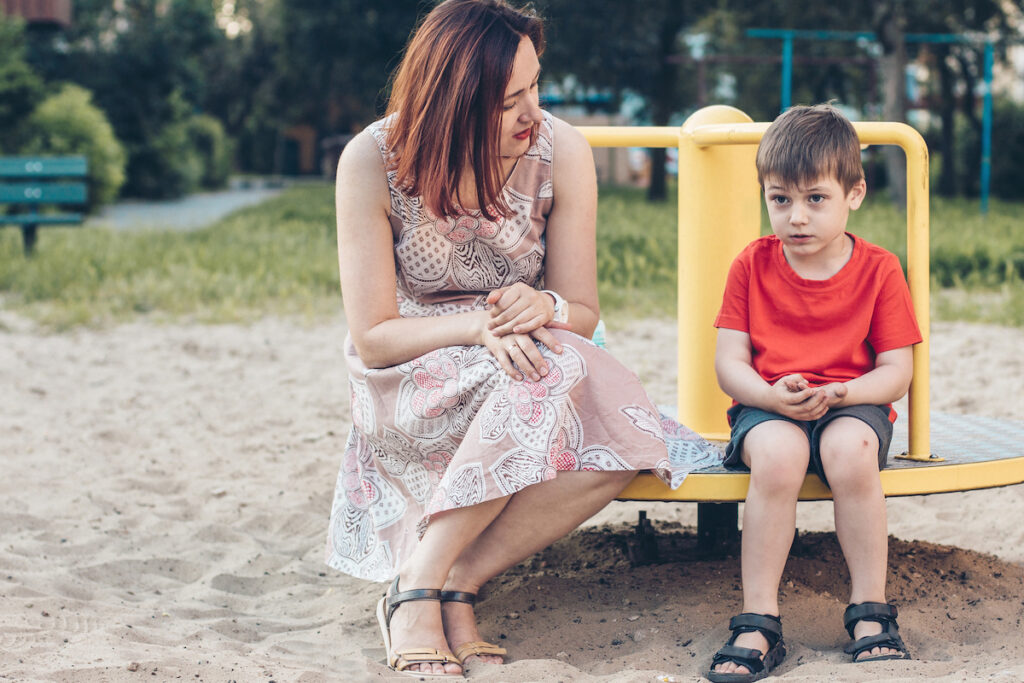A guide for parents caring for children with genetic disorders
For parents whose children are diagnosed with a genetic disorder, it can seem like huge news. The pressure on you to perform as a caregiver and provider for your child’s needs may have intensified, but it is important to remember that there is still a life to be enjoyed and that you are not alone.

In fact, there are various charities, counsellors and support groups out there waiting for your call, with help and support on hand to get you through this difficult time. In the meantime, Genetic Disorders UK has some useful tips on what to do if your child has been recently diagnosed:
Be wary of online information
The internet is a vast resource of information that may be useful in terms of diagnosis and understanding the nature of genetic conditions, yet there is also a lot of serious medical information that may frighten you.
To make your search easier, in the early stages try to avoid websites produced by medical professionals and choose ones that are more personal and sensitive to your situation, such as blogs. These will make it easier for you to grasp the nature of a particular condition and will help you to understand how genetic conditions affect each child very differently.

Connect with others who have had a similar experience
Even if your child has been diagnosed with a rare genetic disorder, there are others out there who are in a similar position to you and are facing the same fears and responsibilities. Connecting with other families is a great way to get support and share advice, and you can do this by visiting forums and support groups.
Your family’s well-being is key
In order to successfully take care of your child you need to take care of yourself. This means looking after your emotional and physical health, as well as staying mindful of the well-being of those around you – particularly your partner and/or other children. It can be difficult for parents to come to terms with a diagnosis, so make sure you make an effort to connect at this difficult time. Couples counselling is particularly useful in these circumstances.
Adapt your finances
The government recognises that taking care of a disabled child can be more expensive than caring for a non-disabled one, so there are various grants and benefits available to make your life a bit easier. You may want to apply for a grant that enables you to meet with an occupational therapist who will visit your home to recommend specific adaptations for your child’s needs. In some cases, council tax reductions and a utility rebate may also be available.
View and comment on the original Guardian article.

Find a therapist dealing with Disabilities
All therapists are verified professionals


